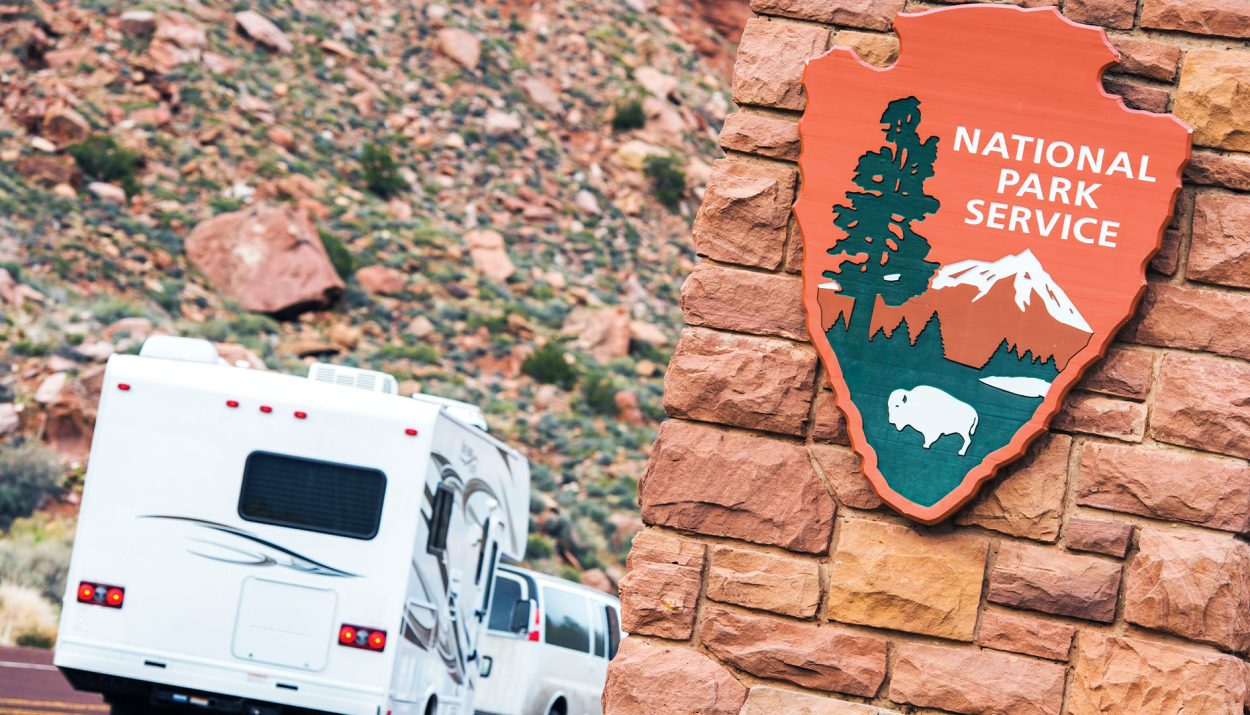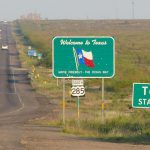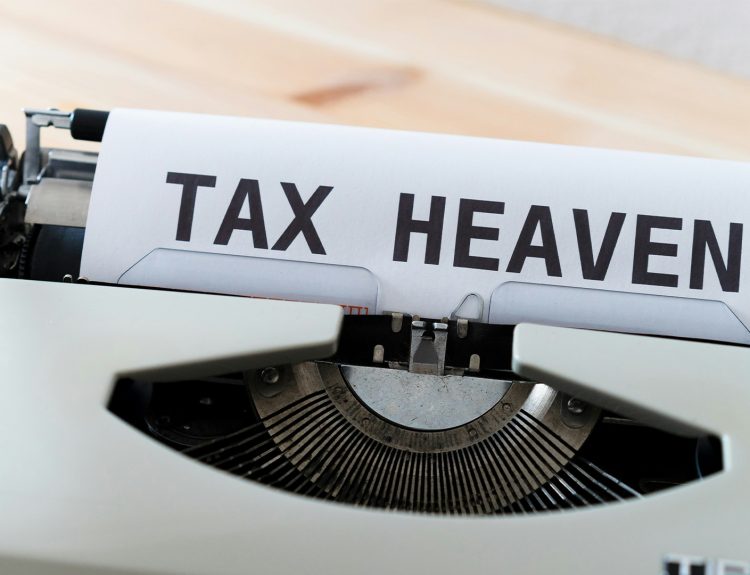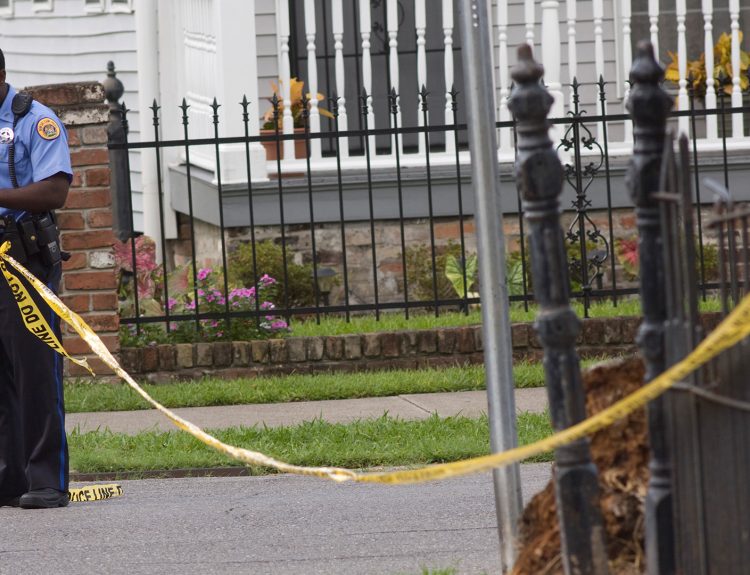Three Americans have decided to sue the National Park Service over its newly implemented cashless policy. The agency has allegedly not been accepting cash payments to allow entry into parks across the U.S.
Elizabeth Dasburg, of Darien, Georgia, Toby Stover, of High Falls, New York, and Esther van der Werf of Ojai, California, filed the lawsuit against the National Park Service on March 6.
Plaintiffs Denied Entry Across Multiple U.S. Locations
The plaintiffs were allegedly denied entry across multiple parks located across New York, Arizona, and Georgia.
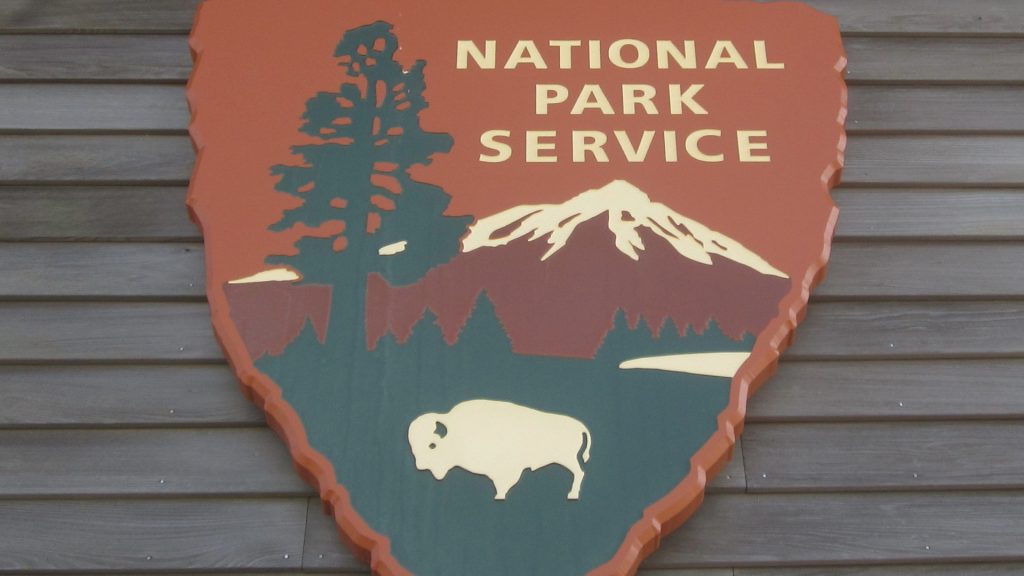
According to the country’s law, “United States coins and currency (including Federal reserve notes and circulating notes of Federal reserve banks and national banks) are legal tender for all debts, public charges, taxes, and dues.”
The Lawsuit Claims National Park Service is Violating U.S. Law
According to the lawsuit, the National Park Service’s policy of accepting only cards and no cash is in direct violation of U.S. law.
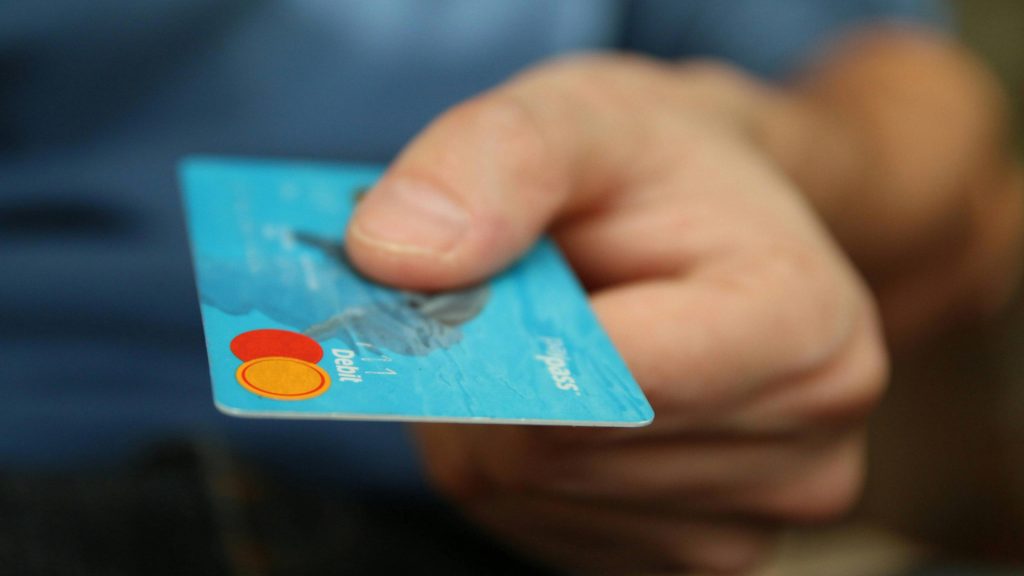
The lawsuit says, “Thus, NPS’ refusal to accept U.S. Currency tendered for entrance fees constitutes a clear violation of federal law.”
Cashless Policy at National Parks, Historic Sites, and Monuments
The plaintiffs have reported not being able to pay cash at 29 locations across the United States.

This includes the Fort Pulaski National Historic Site in Georgia and the Roosevelt-Vanderbilt National Historic Site in New York. In Arizona, the plaintiffs couldn’t pay cash to enter sites like the Organ Pipe Cactus National Monument, the Tonto National Monument, and Saguaro National Park.
Dasburg Told to Purchase Gift Card
Before visiting Fort Pulaski, Dasburg sent an email asking how she could enter the site if she didn’t have the option to pay using a debit or credit card.
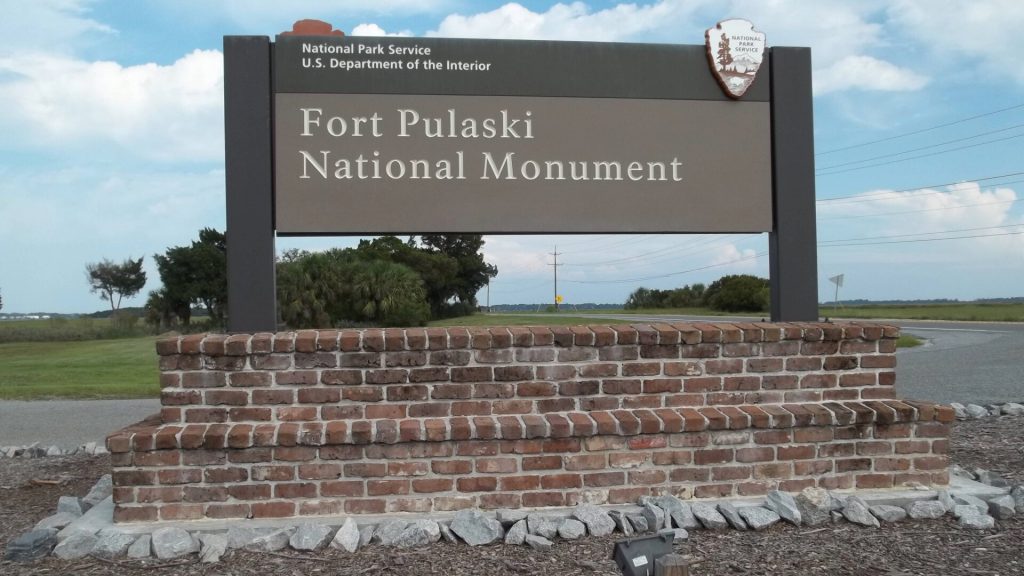
Dasburg received a reply in writing that clearly stated under such circumstances she would have to use her cash to purchase a gift card from Walmart or another grocery store. The gift card can then be used to gain entry to the site.
Stover Couldn’t Visit the Roosevelt-Vanderbilt National Historic Site
Stover couldn’t take a tour of the famous Roosevelt-Vanderbilt National Historic Site in New York because she insisted on paying the entry fees in cash.
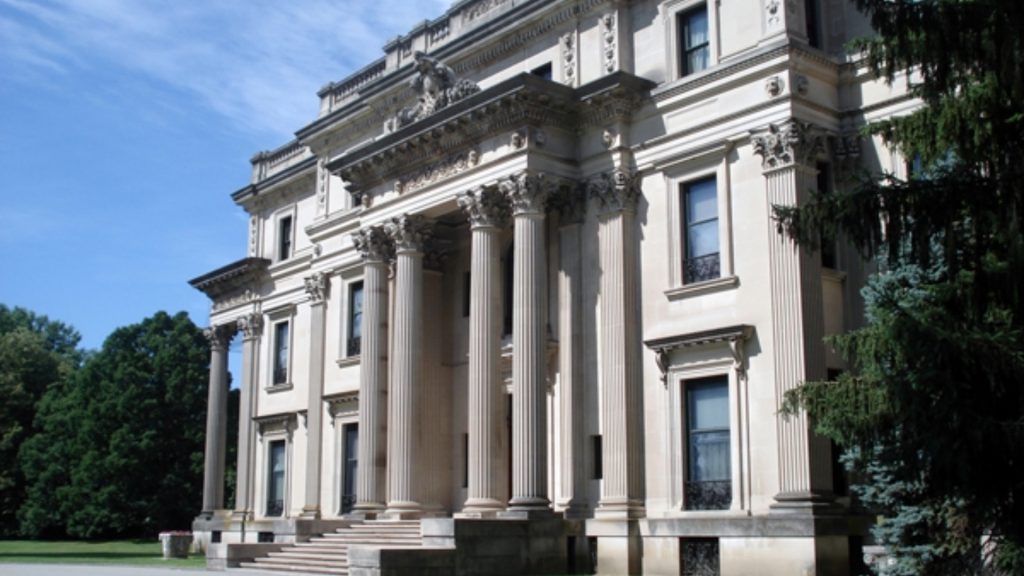
Stover tried paying the $10 entry fee in cash but the staff wouldn’t accept it.
Van der Werf Denied Entry at Three Locations in Arizona
Van der Werf also had a similar experience in Arizona when she tried to go inside three sites managed by the National Park Service.
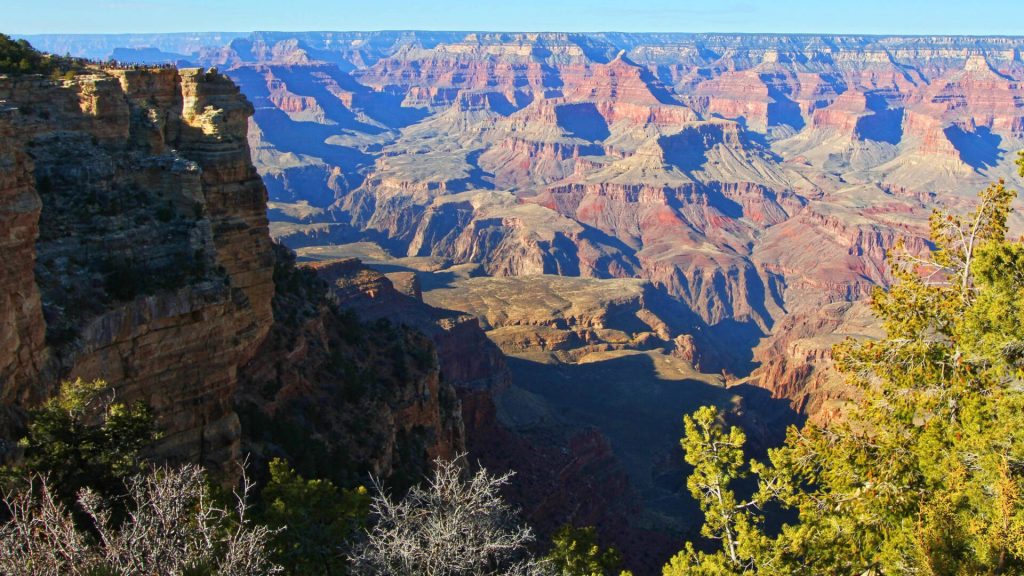
The staff didn’t accept cash payments to allow entry into the three locations.
The Lawsuit States the National Park Service is Not Above Federal Law
The three Americans have presented their case stating any benefit that comes with implementing a blanket cashless policy can’t be justified when such a move is in direct violation of federal law.

The lawsuit states, “NPS’s violation of federal law cannot be overlooked in favor of any purported benefit NPS Cashless could hope to achieve such as reducing logistics of handling cash collected.”
The National Park Service Announced its Cashless Policy in 2023
Last year in May, the National Park Service made an announcement that it was implementing a new cashless policy across the sites located within the National Park System.
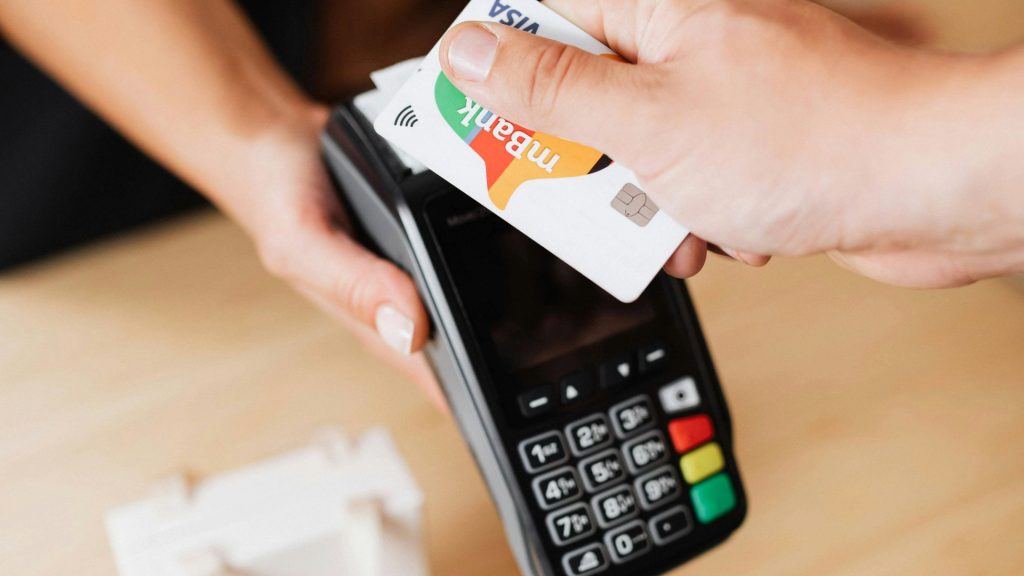
At the time, dozens of sites within the National Park System had already stopped accepting cash payments for entry.
National Park Service Was Having Difficulty with Cash
When the move was announced in May 2023, National Park Service associate director for Business Services, Justin Unger, explained why the cashless policy was being implemented.

Unger said in the previous years, the U.S. treasury had implemented policies that limited the amount of checks and cash that could be handled across the federal government’s operations.
It Was Getting Difficult to Deposit Cash
The National Park Service had been having trouble getting cash deposited in the bank. The situation becomes particularly challenging when the parks are located in remote areas.

Unger explained, “The number of formal banks with relationships with the Treasury Department, where we could actually take cash, has really dried up especially in more rural or remote areas.”
Depositing Cash Had Become a Costly Affair
In the last few years, many brick-and-mortar banks have become non-operational. Hence, many of the parks had been compelled to accrue exorbitant travel expenses to get the cash deposited.
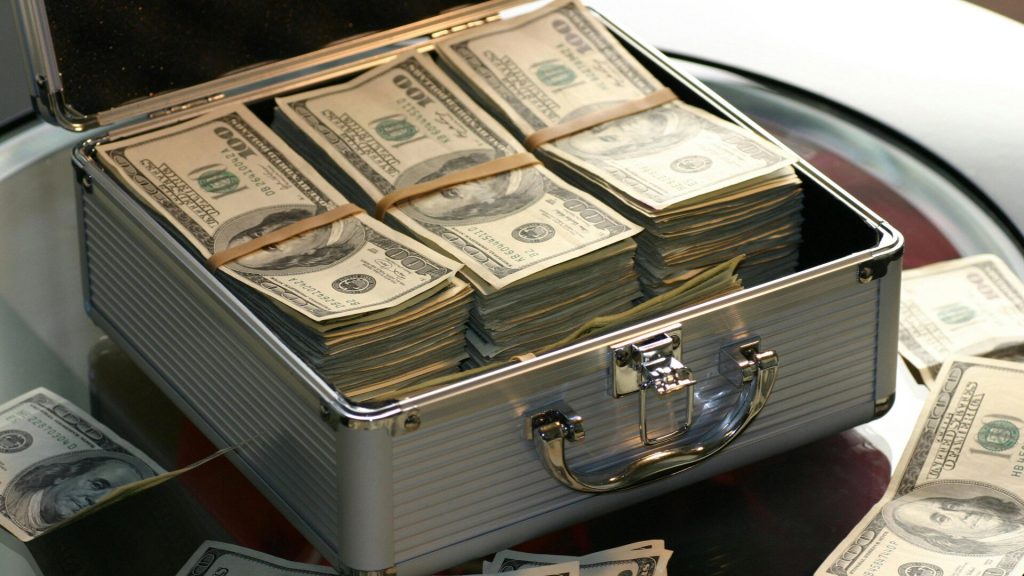
Having to travel long distances to get cash deposited costs both time and money.
Death Valley Park Spent $40,000 to Get Cash Processed
In 2022, Death Valley Park collected around $22,000 in cash. It took $40,000 to get the amount processed.
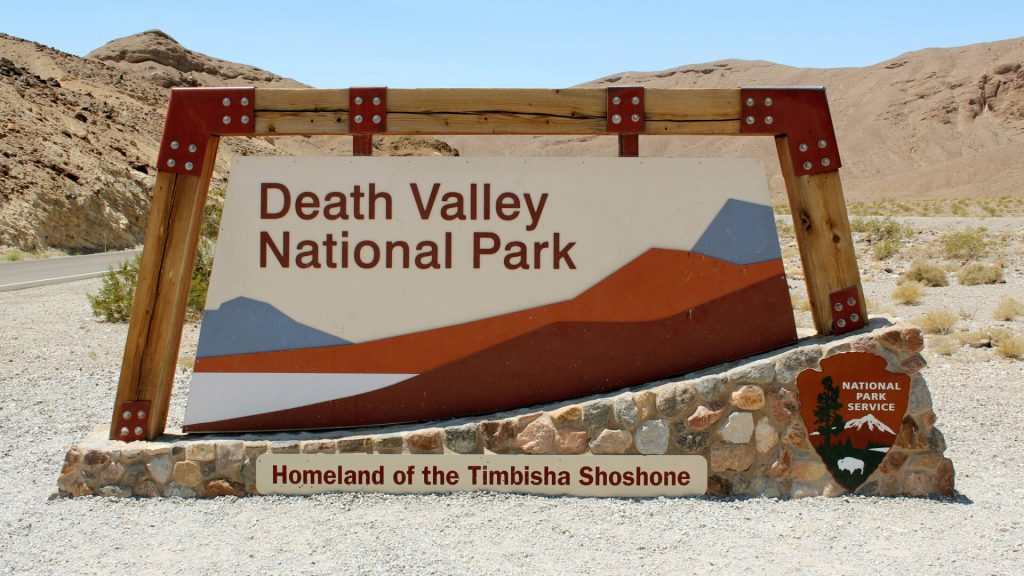
According to the National Park Service website, “The transition to cashless payments will allow the NPS to redirect the $40,000 previously spent processing cash to directly benefit park visitors.”
Unger Believes Going Cashless Will Reduce Unnecessary Expenditures
According to Unger, going cashless not only reduces unnecessary expenditures, it also allows the National Park Service to provide better services to visitors.

In Unger’s words, “We’re not paying for armored car service. We don’t have to pay for an employee to be able to shuttle cash back and forth or to have our law enforcement officers doing that. Instead, they get to focus on doing law enforcement, providing emergency services.”
Other Reasons
There are many reasons why the National Park Service favors a cashless system. This includes user behavior. Unger said, “The amount of cash that we are actually being offered has significantly declined by tens of millions of dollars.”

Going cashless also protects the park system from both external and internal theft of dollars.

